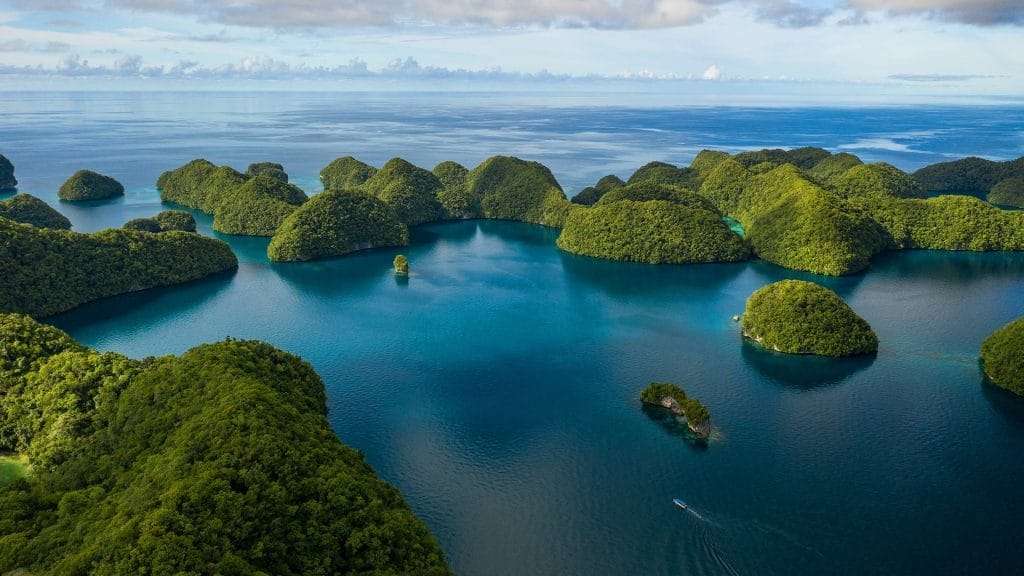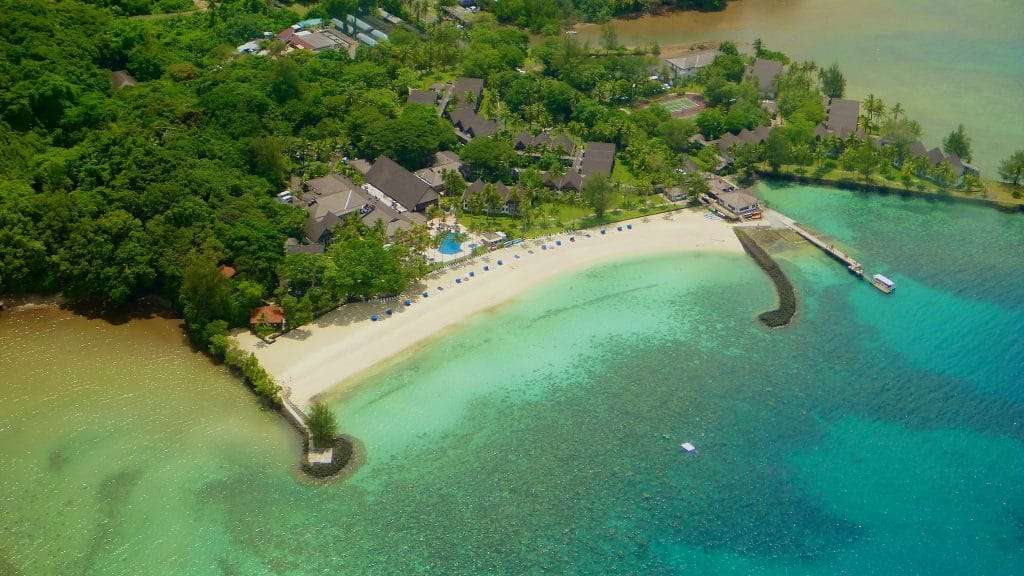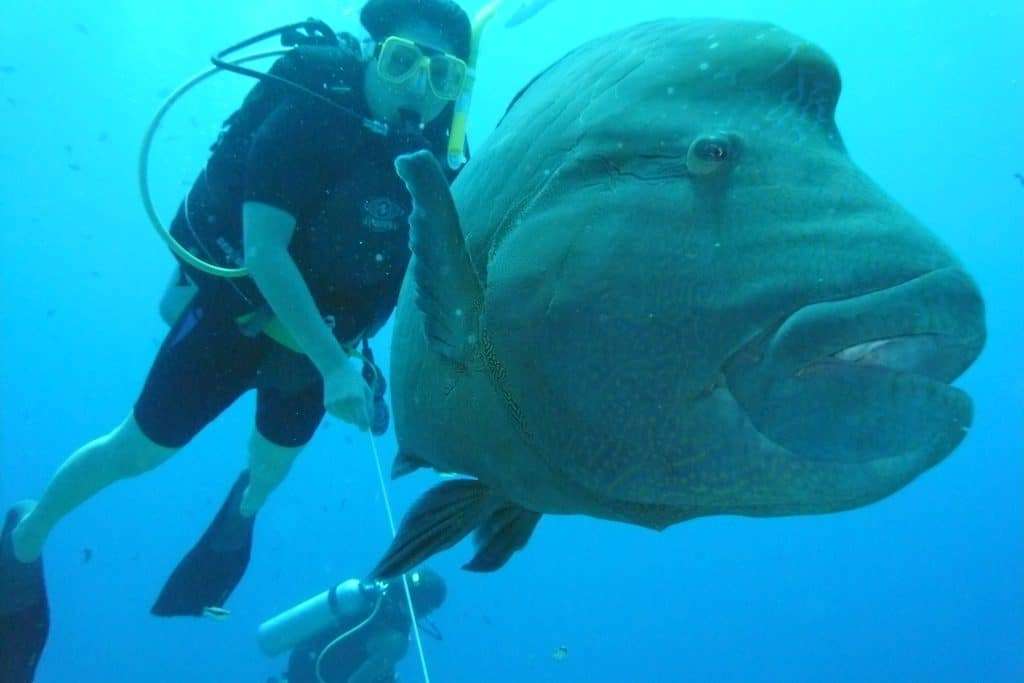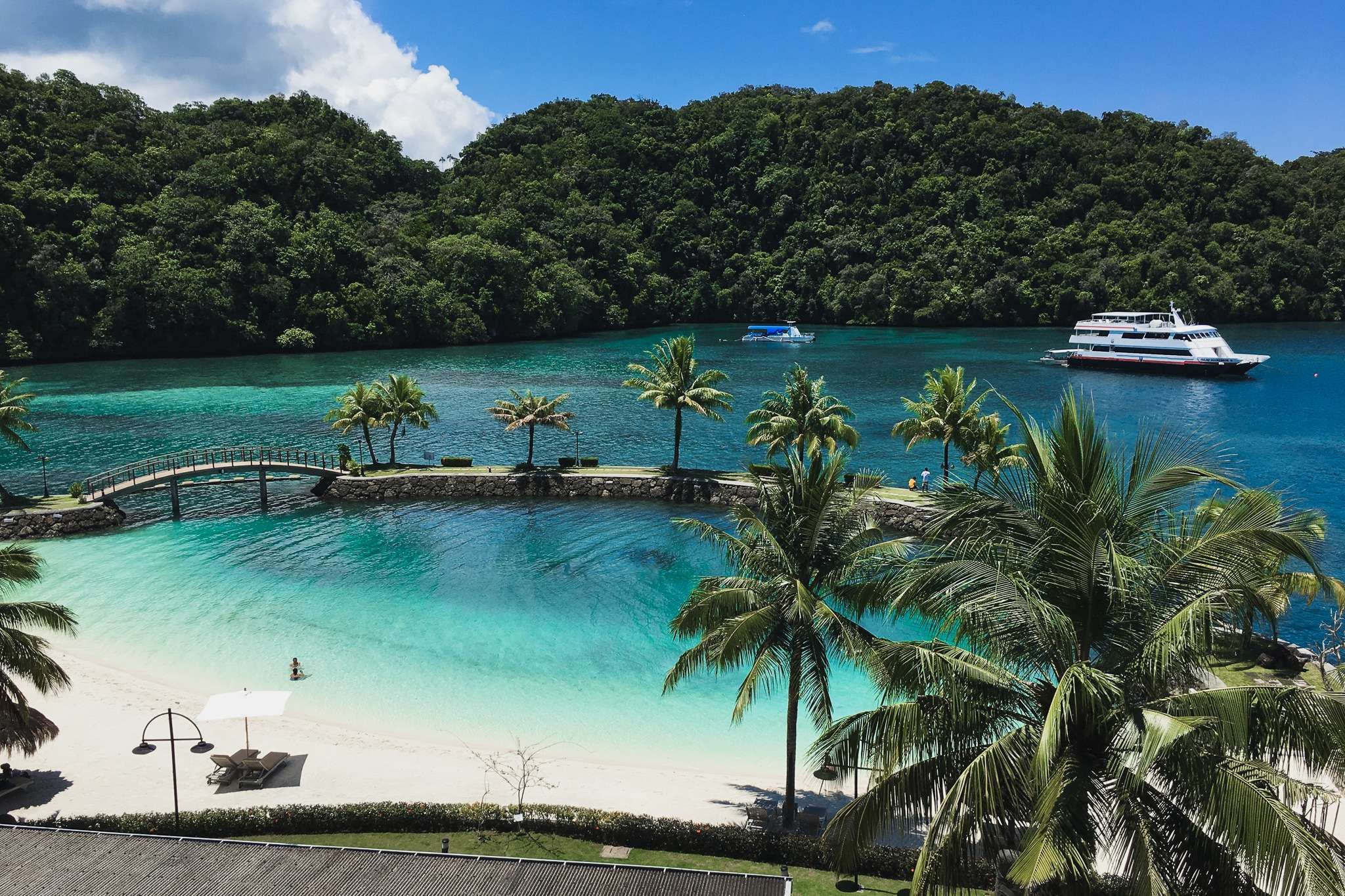Forget points hotels, the Pacific island nation Palau has just become the first country in the world to gamify responsible tourism across the whole country.
The Republic of Palau wants to reward you for your sustainable tourism efforts. The 177-square-mile tropical archipelago in the Pacific has announced plans to reward visitors based on their environmental footprint while in the country.
Palau is one of many countries that rely heavily on the tourism economy. Pre-covid, 85 percent of the country’s GDP was tourism-related. The pandemic devastated the tourism industry—and now, it’s hoping a novel incentive program will entice travelers to visit Palau once again.
“Palau’s tourism industry has been hit hard by the pandemic with no visitors entering Palau for almost two years. Despite the economic impact, Palau’s tourism sector is determined to stick to its high-value ecotourism strategy and find a way to bounce back sustainably from the pandemic,” Alan T. Marbou, Board Member, Palau Visitors Authority and former Speaker of the Koror State Government, said in a statement.
Responsible tourism in Palau
Responsible tourism is not new to Palau. It is home to the world’s first shark sanctuary, announcing the project in 2009.
It is also the first country in the world to create a marine sanctuary that fully protects 100 percent of its waters from commercial fishing; the commercial fishing industry is linked to overfishing and the acidification of the world’s oceans as well as human rights violations and the plastic pollution crisis.
In 1981, Palau voted to become the world’s first nuclear-free country, with the ban finally going into effect in 1994. The effort was led by the late Gabriela Ngirmang, leader of Otil A Beluad (the Anchor of the Land) women’s organization for 50 years.

More recently, in 2017, the island nation launched the world’s first immigration law requiring all visitors to sign a mandatory environmental pledge. That pledge holds visitors to environmentally responsible behavior while visiting.
By 2018, the pledge had become the most awarded communication campaign in the world, now being replicated by other destinations including New Zealand, Hawaii, and Finland.
Now it marks another world’s first with a trend it hopes catches on globally as well.
“The pandemic has provided our planet with a much-needed wakeup call and an opportunity to see what’s possible when nature has a chance to rebalance itself,” Marbou said.
The Palau Legacy Foundation sites new market research that found 77 percent of travelers said covid made them more aware of their own damaging behavior; 72 percent said they want to travel more sustainably as a result.
According to the Foundation, 87 percent of U.S. travelers want to experience protected environment and preserved culture, and more than 90 percent want to experience local culture and natural environments while traveling as well as ways to help protect the area.
Recent findings from leading travel platform Booking.com are similar. That report found 61 percent of travelers now want to travel more sustainably.

Palau’s Legacy Foundation says it also found that 89 percent of travelers said they’d be more likely to visit a country with a rewards program, and 85 percent said a reward program would make them more likely to engage in positive behavior while traveling.
Ol’au Palau
The increasing interest in responsible toursim is the motivation behind Palau’s new initiative, Ol’au Palau, which it says creates a different type of tourist value exchange, “one where visitors can accumulate points for demonstrating responsible and regenerative behavior during their stay,” the Foundation says.
Instead of spending money on trinkets and t-shirts, Ol’au Palau, aims to change the way people interact with its natural environment and local culture by rewarding them for “exceptional” behavior. In Palauan, “Ol’au” is a way of calling out to a friend to invite them into your space.
“By launching Ol’au Palau we get to reward our most conscientious guests and protect our most highly-prized tourism asset: our pristine environment and unique culture,” Marbou said.
The Ol’au Palau app will allow visitors to accumulate redeemable points for engaging in responsibly activities including offsetting carbon footprints. The country says it has developed the world’s first personal carbon calculator to assist with this key metric.
Qualifying visitors can unlock special cultural experiences the Legacy Foundation says are normally reserved for locals, including accessing pristine parts of the island “that have previously only been accessible to the local community,” as well as meeting with island elders and touring historic sites. Depending on points, visitors can access less-traveled hikes, tour taro patches, and other “highly tailored” tours accessible only through the program.

“These experiences won’t be available to visitors who don’t participate or who don’t accumulate enough points during their stay.”
Visitors can also earn points for using reef-safe sunscreen, eating sustainably-sourced local food, avoiding single-use plastic, supporting businesses with sustainability metrics in place, as well as participating in regenerative tourism projects and visiting culturally significant tourism sites.
“We know from prior research that eco-tourists stay longer in a destination and spend over 50 percent more than regular tourists, so it makes sense for Palau to attract and reward like-minded visitors,” said Merkii Basilius, Manager, Travelr Palau.
The Legacy Foundation points to the negative environmental and cultural impacts of tourism becoming a concern globally. It says it hopes that the new program will become a model for other countries and destinations to follow.
“We hope that Ol’au Palau will make more destinations think about the true cost of tourism and rethink who they reward with their best experiences,” Marbou said.


